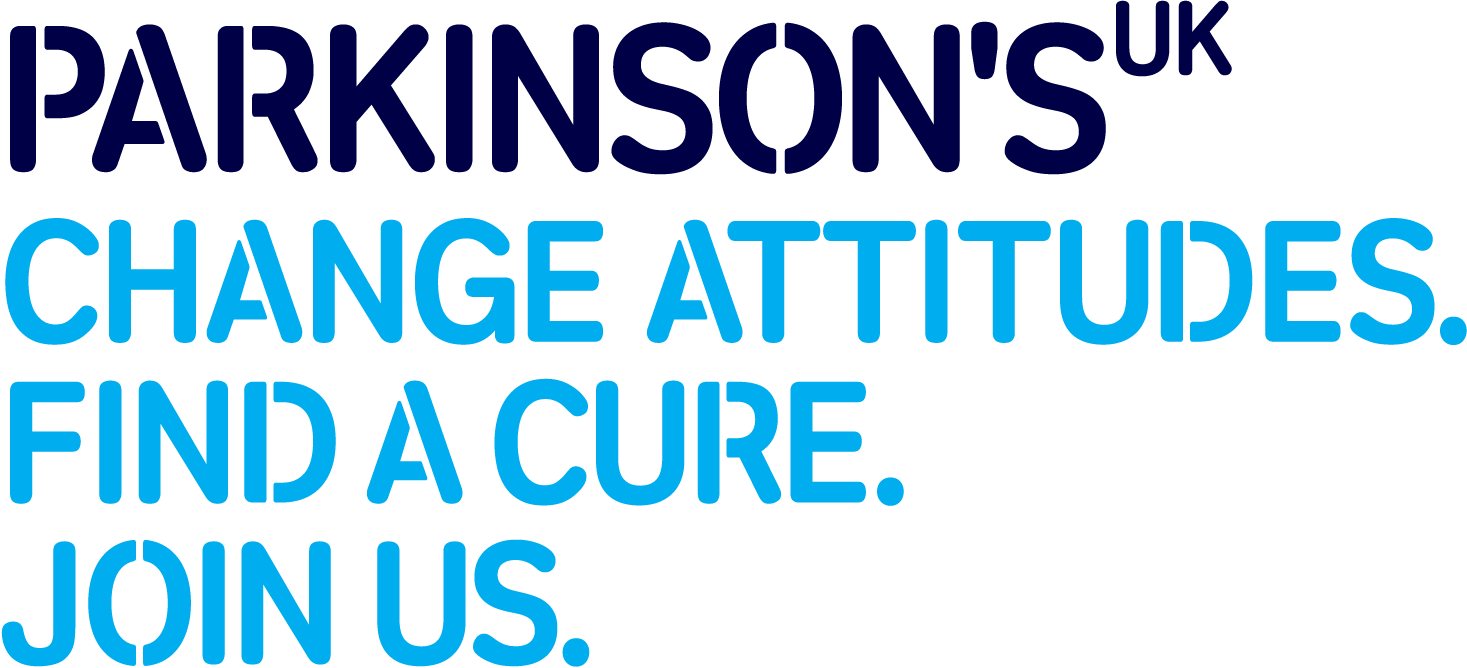Report of a visit to the research project of Professor Chris Moody at Nottingham University School of Chemistry. 10 Nov 2011
By Caroline Maxwell – East Midlands Research Support Network Steering Group member.
Only five of us plus Bev from Parkinson’s UK arrived for this visit. Two others were expected but failed to arrive. Chris Moody met
us in the reception area of the chemistry building and took us up to a lecture theatre. There he introduced us to Dr Russell Kitson
who, he said, did all the real work. Chris and Russell then gave us a presentation about their research.
Chris emphasised that he and Russell were chemists and that chemists ‘make things’. So the purpose of their research is to make
something which will reduce the degeneration of some cells involved in Parkinson's disease. He said that the research was at a
very early stage and followed the time honoured pattern in which researchers develop a hypothesis, find ways of testing that
hypothesis, review their results, modify the hypothesis and then repeat the procedures until their tests appear satisfactory.
The hypothesis in this case is that if the protein HSP 90 found in some brain cells could be inhibited or reduced and the protein
HSP 70 could be increased this would have a beneficial effect on people affected with Parkinson's. Chris and Russell’s aim is to
work towards creating a drug which will have this effect.
Many drugs in common use today are based on products which are found in nature which have been modified in such a way as to
have a beneficial effect on humans. For example aspirin is based on willow, morphine comes originally from poppies, penicillin is
based on a naturally occurring substance as are quinine and progesterone. The natural substance Chris and Russell hope to use
for combating HSP 90 is geldanamycin.(see Wikipedia for more info) This is a naturally occurring substance which was discovered
in 1970 and in 1990 was recognised as an inhibitor of HSP 90. It has also been used in trials as an anti-cancer drug.
Using this product as a base Russell has concentrated on creating new molecules which have never existed before. The hope is
that these molecules would be able to affect human brain cells in such a way as to reduce HSP90, increase HSP70 and reduce
toxicity. If this can be achieved it could be the basis of anti-Parkinson's drugs.
Creating new molecules is a very sophisticated and painstaking chemical process. Russell, the chemist, creates trial molecules
and then sends them by courier to biologists in Denver for the next stage of the research. The biologists test the molecules by
inserting them into cells similar to human brain cells and recording what happens. Currently two of approximately 30 different
molecules developed by Russ show signs of causing some reduction of the HSP 90, some increase of HSP 70, and some reduction
of toxicity of affected cells. With more work it is hoped this effect can be increased. Later, researchers will move on to testing the
products in animal models. Eventually there will be trials on humans and then the drugs will have to be approved by the regulatory
bodies. From start to finish the development of new drugs normally takes about 15 years and costs a huge amount of money.
Funding for research at such an early stage has to come from organisations like Parkinson's UK or the King's Fund or the Wellcome
Trust because pharmaceutical companies will not take risks by funding such early research. Chris Moody's research is now
halfway through its grant from Parkinson’s UK. Unless the money is extended in a year’s time the research will stop.
To complete the visit we were taken into the lab, or at least into the viewing area. There was a glass wall between the working
laboratory and the writing area where researchers have their desks. We were able to watch some of the chemists at work through
this glass wall.
I found the visit very interesting and although I realise the fruits of this particular research are unlikely to be available to me, I
recognised the importance of funding from Parkinson’s UK for these early stages of research. All drugs have to begin somewhere
and without support for these initial stages of their development no progress will be made. Pharmaceutical companies will
contribute funds when they are more certain of positive outcomes which will increase the profits for their shareholders.
Parkinson’s UK, on the other hand, is more prepared to sponsor early stage research which may eventually bring a benefit to people
who are not yet diagnosed as having Parkinson’s.
